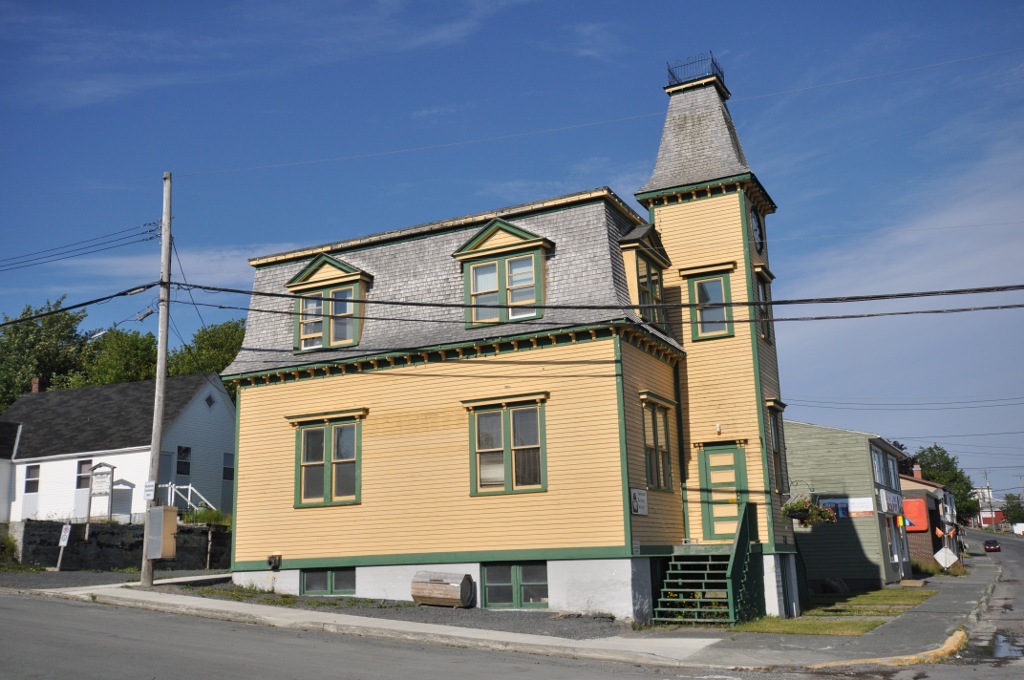|
Séan McCann (musician)
Séan McCann (born 22 May 1967) is a Canadian singer and musician (playing bodhran, shakers, tin whistle and guitar) who formerly played with Great Big Sea, a band he co-founded. He announced plans to stop touring with the group at the end of December 2013. After exiting Great Big Sea, McCann publicly admitted a secret past in which he used alcohol to mask the pain of sexual abuse by a priest. His fifth solo album was titled ''There's a Place''. Early life He was born to Anita and Edward McCann. His mother was born in Northern Bay, Newfoundland and Labrador, Northern Bay and his father in Subdivision 1G, Newfoundland and Labrador#Gull Island, Gull Island. When he was a child, his family moved to St. John's, Newfoundland and Labrador, St. John's. He was raised Roman Catholic. He is married and has 2 sons. He now lives in Manotick, a suburb of Ottawa, Ontario. Career McCann has released 5 solo works (''Lullabies for Bloodshot Eyes'', ''Son of a Sailor'', ''Help Your Self'', ''You ... [...More Info...] [...Related Items...] OR: [Wikipedia] [Google] [Baidu] |
Carbonear
Carbonear is a town on the Avalon Peninsula in Newfoundland and Labrador, Canada. It overlooks the west side of Conception Bay and had a history long tied to fishing and shipbuilding. Since the late 20th century, its economy has changed to emphasize education, health care, retail, and industry. As of 2021, there were 4,696 people in the community. History The town of Carbonear is one of the oldest permanent settlements in Newfoundland and among the oldest European settlements in North America. The harbor appears on early Portuguese maps as early as the late 1500s as Cabo Carvoeiro (later anglicized as Cape Carviero). There are a number of different theories about the origin of the town's name. Possibly from the Spanish word "carbonara" (charcoal kiln); Carbonera, a town near Venice, Italy where John Cabot (Giovanni Caboto) had been resident; or from a number of French words, most likely "Carbonnier" or "Charbonnier," meaning "coalman." In the late 20th century, historian Alwyn R ... [...More Info...] [...Related Items...] OR: [Wikipedia] [Google] [Baidu] |
